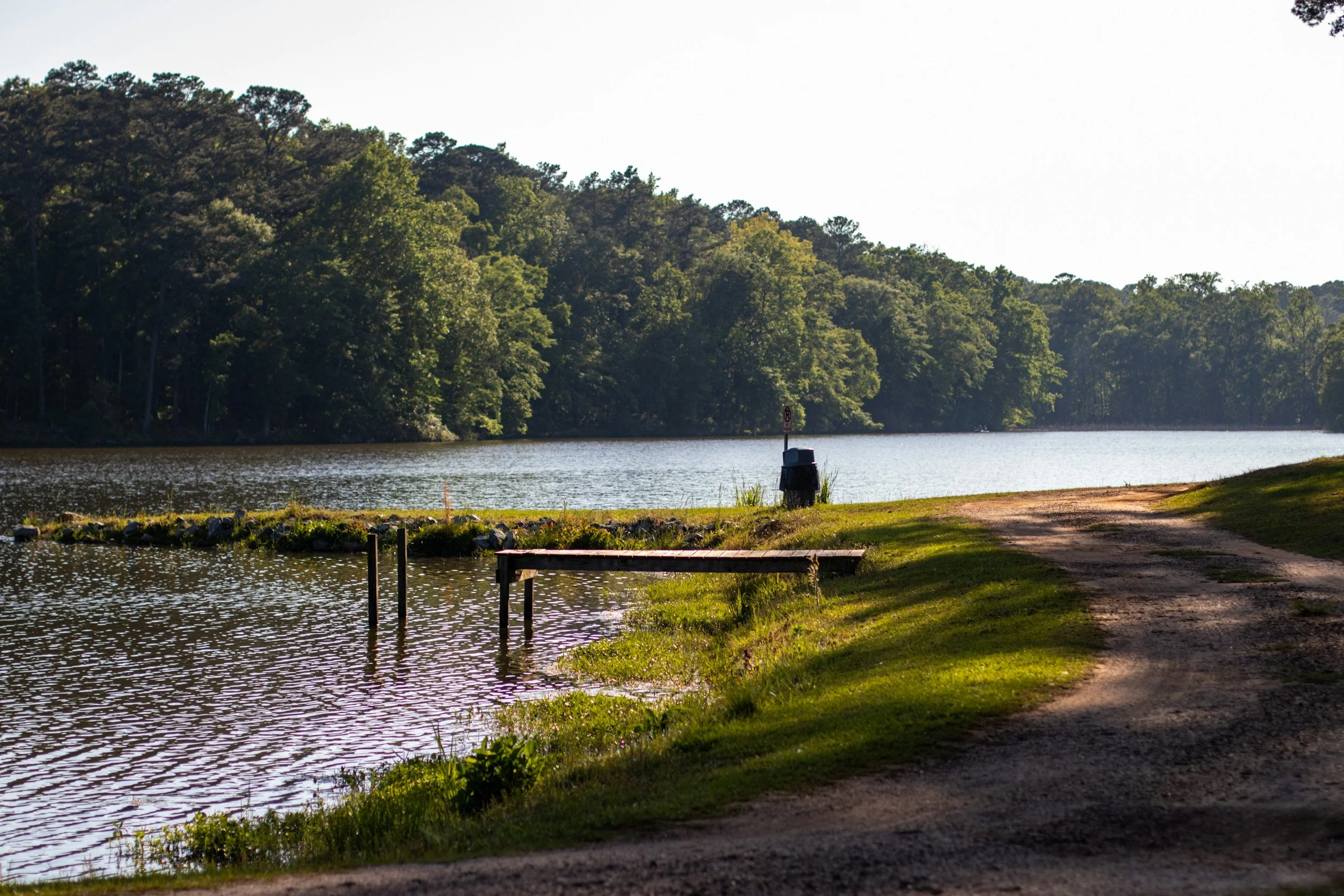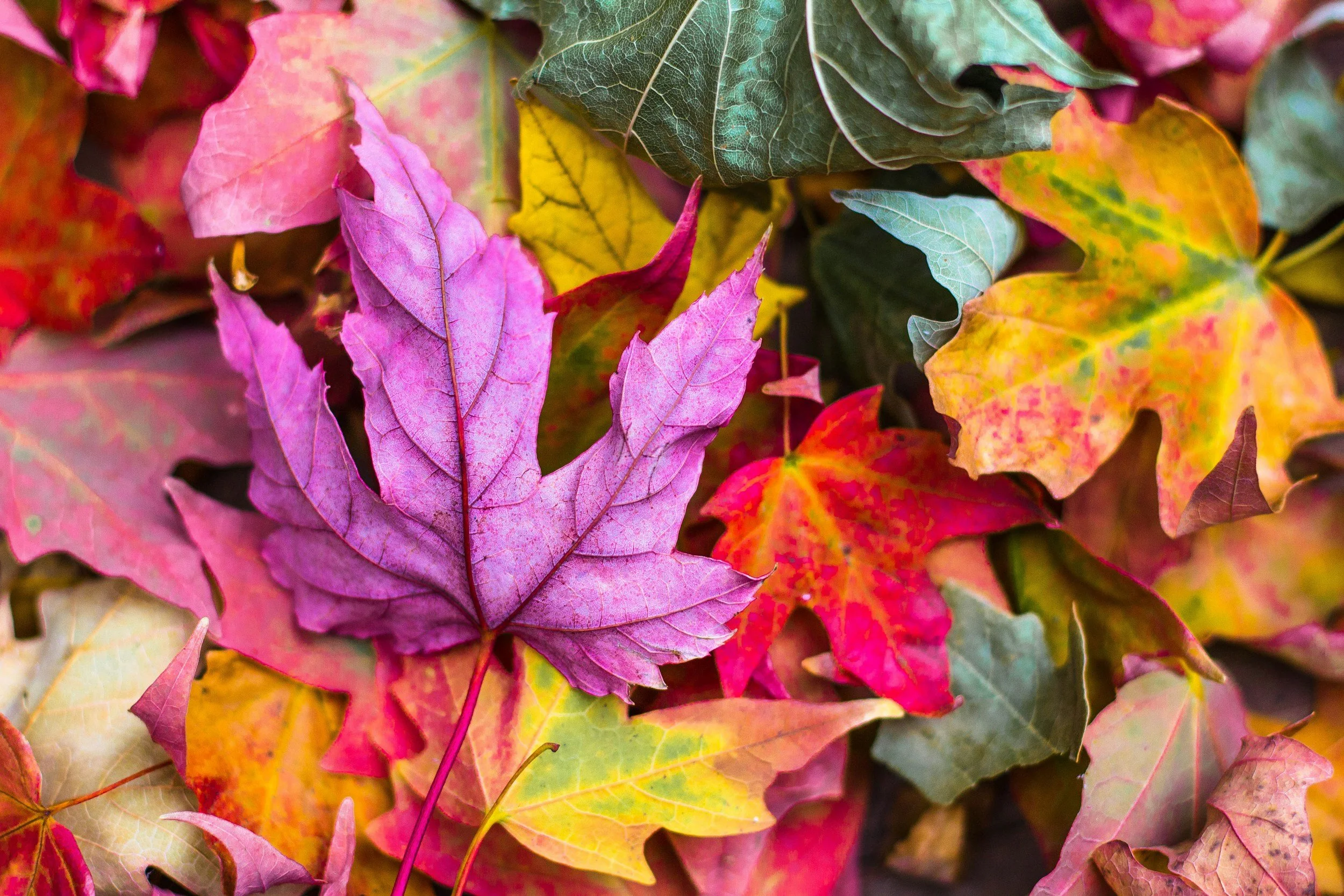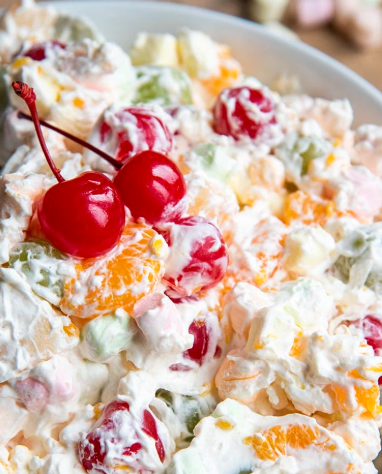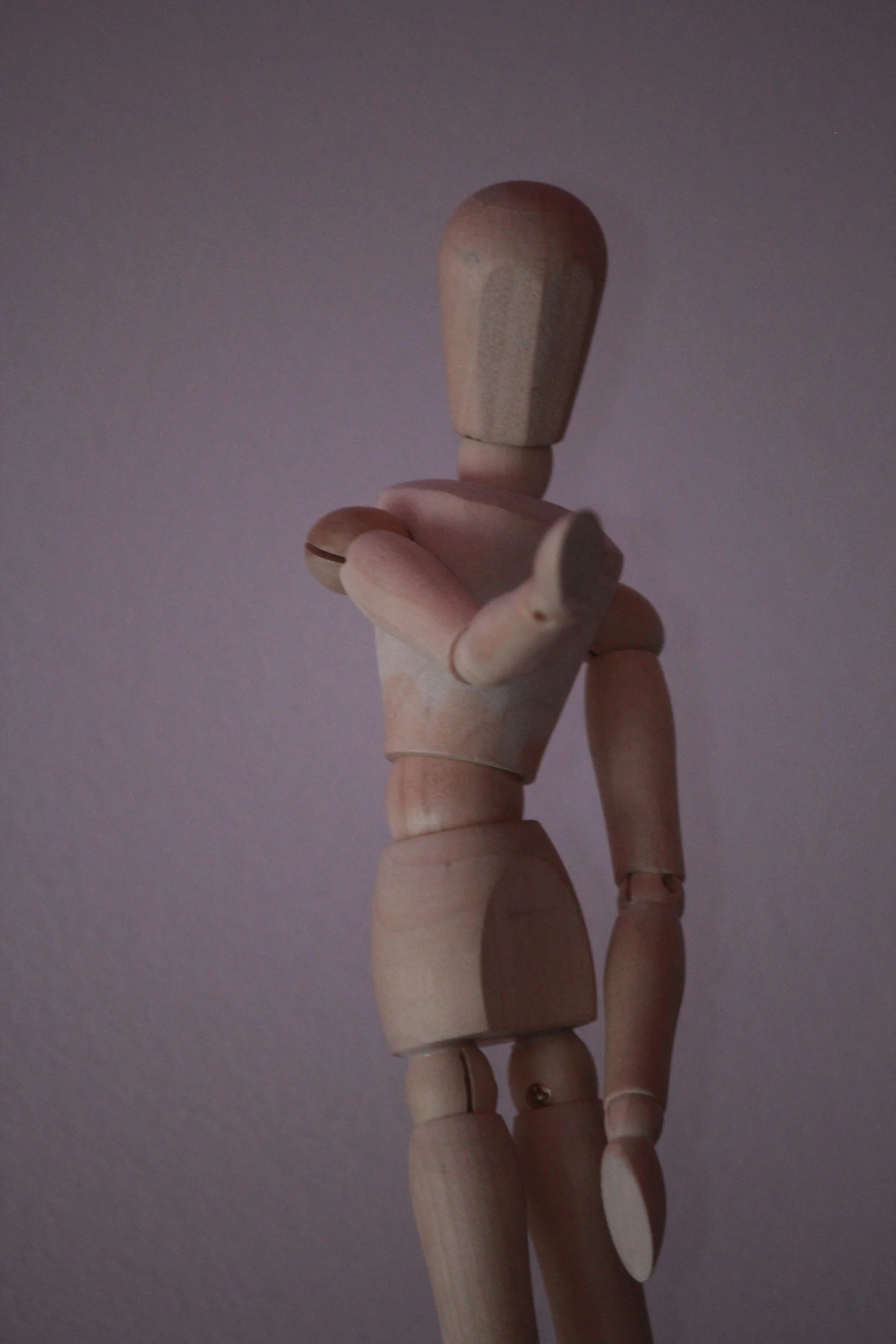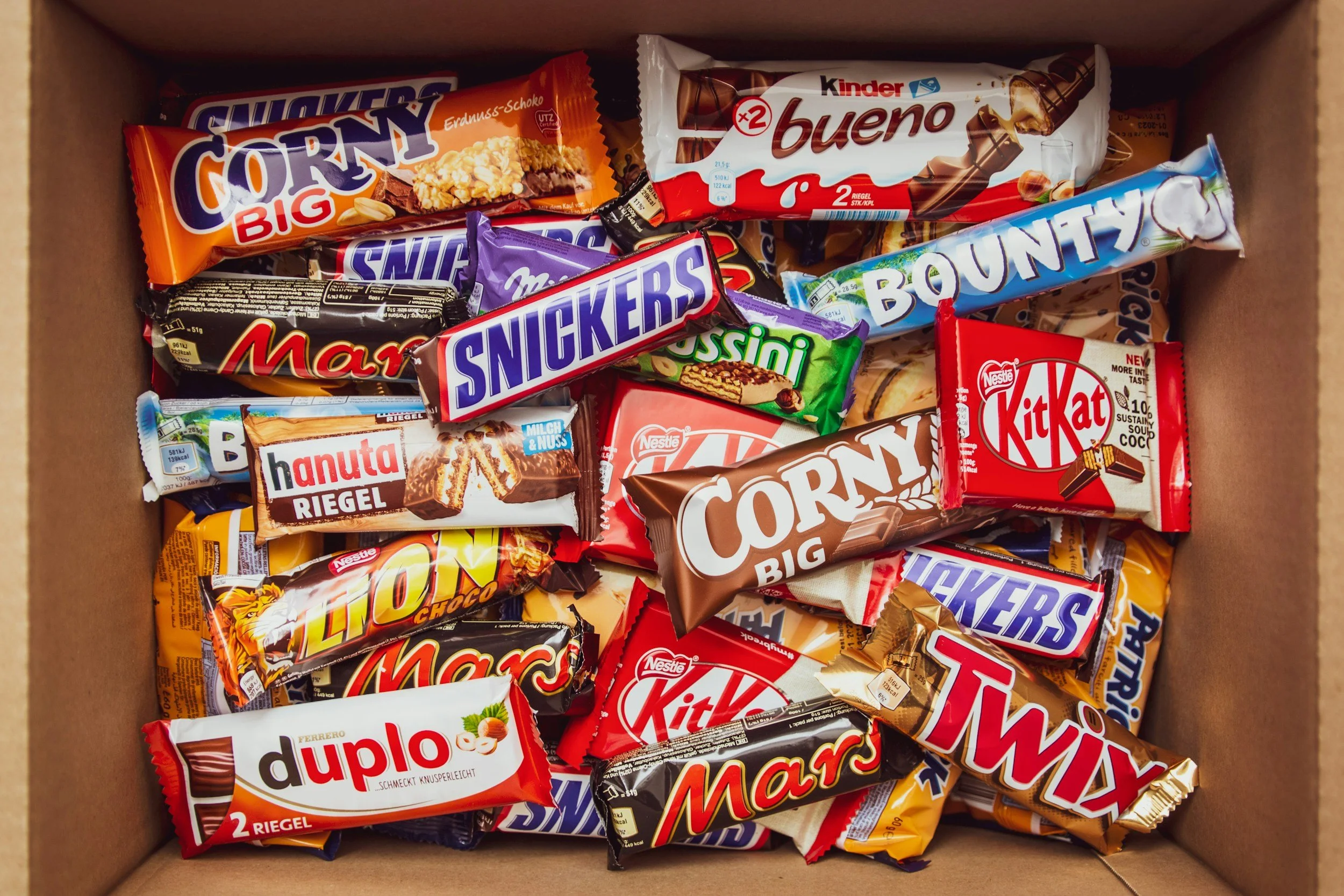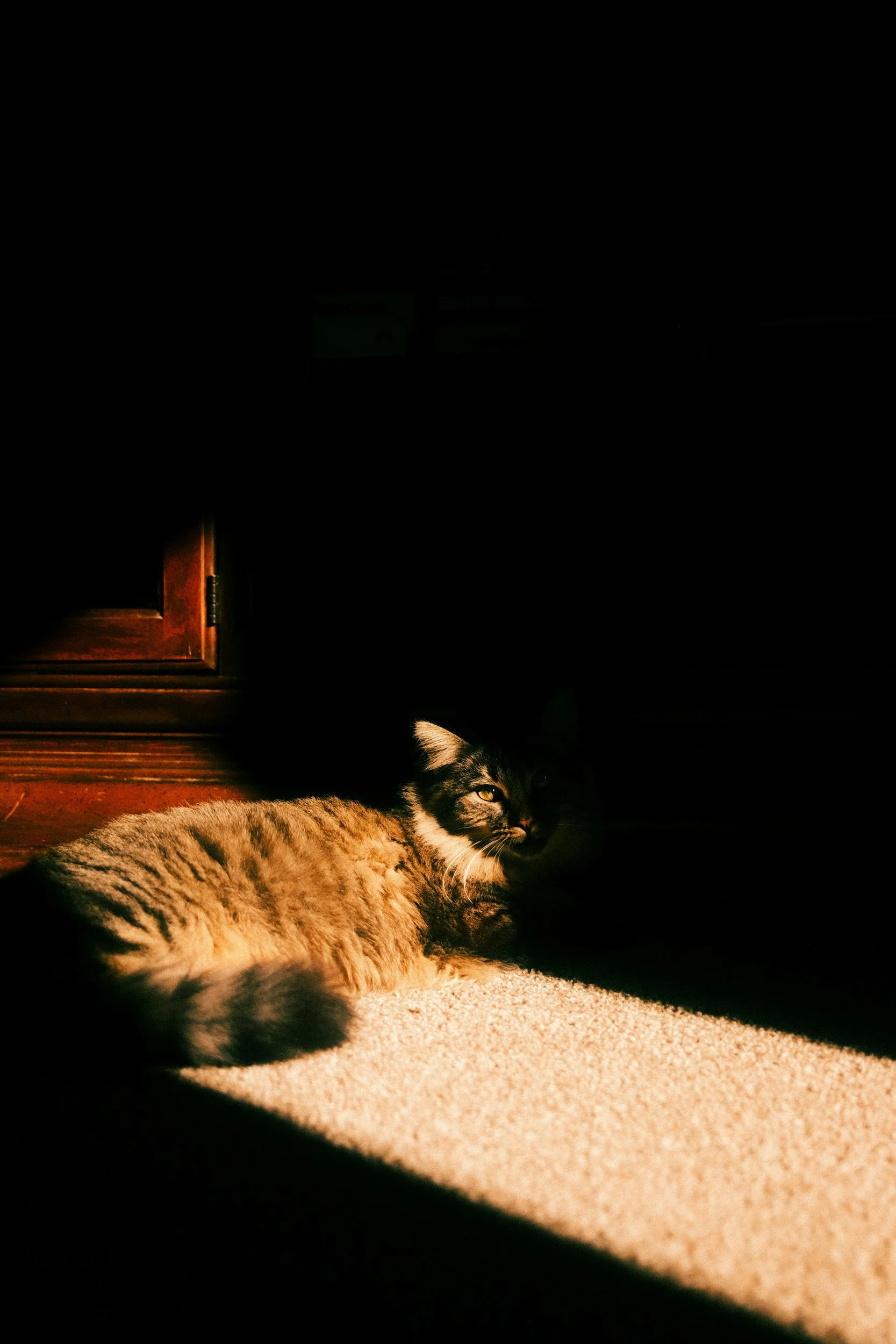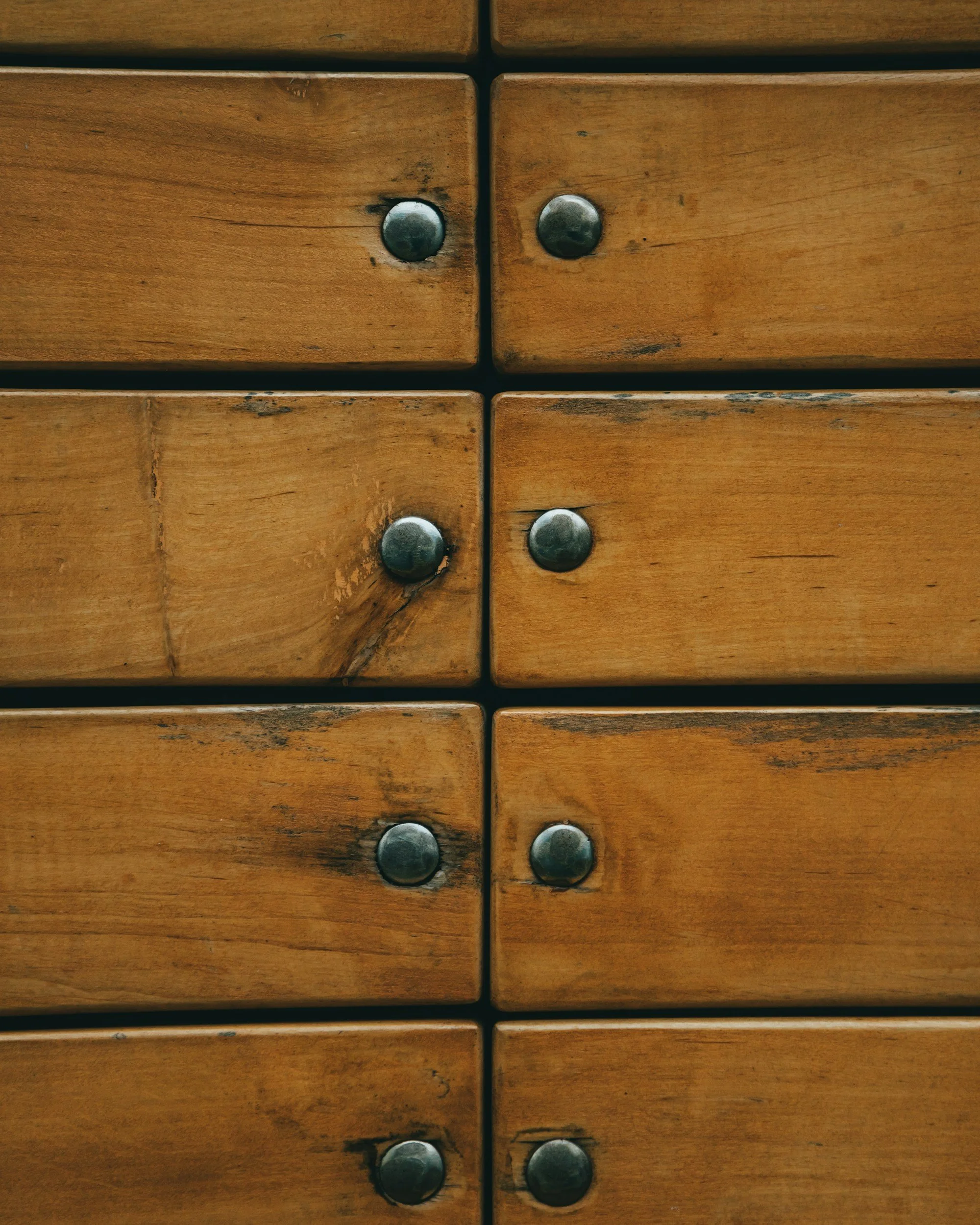Rising
We leave behind our new house in America just as the weather turns cooler. An Airbnb on the Malvern Hills, a few miles from the city where I grew up, will be our base for the next three months. The bedroom faces a Victorian graveyard, the tombstones are cracked and sunken. Everything is covered in dead leaves and moss, the lives beneath forgotten.
I wonder if I have made the right decision, but faced with the prospect of being alone in a country I don’t know yet, I let fear propel me home. My parents and sisters are elated. It has been ten years since I lived so close. Roma turns three the day after we land. Beau is just six months.
Before the sun rises, we bid Daddy Longlegs / The Bedtime Bard a tearful goodbye and I steel myself for three months without a mate. He is destined for the most hostile corner of the earth, where he will drag icy cores from the sea.
And so we begin.
A few weeks after my husband departs, my son learns to crawl on someone else’s floors, exposed floorboards threaten splinters in his soft palms. Next, he cuts his first tooth. Outside, the roads become rapid rivers. Rain slices frigid air.
A distant menace buzzes in the background, like an exhausted wasp at a windowpane. It seems a virus has emerged in China, but we pay it little attention. I long for the warmth of the Florida sun, for the shimmering Gulf of Mexico, abundant with stingrays, dolphins and pelicans. The ground glitters hard with frost.
Things quickly escalate. I cannot turn my face away from the endless digits rising, but political-speak is strong, they tell us it's nothing to fear. And so life ticks on, Roma, Beau and me. We bake, we paint, we make up dances on the kitchen floor. We drink tea with Nana and Grandpa and have pizza nights with the aunties. It’s reassuring to be with my tribe, but now, the noise begins to buzz a little louder. The virus is spreading across Asia and then - it arrives on our doorstep in France.
It rains without ceasing. Rivers turn towns into islands. We are housebound, trapped at the top of a wintery hill, surrounded by brown churning water. Day after day, we wait, bombarded with relentless reminders of all we could lose as the invisible enemy creeps closer. One morning, I switch the tv on to the news: it has climbed the white cliffs. It is here. My daughter wants to wash her hands, wash her hands, again. She wakes crying out about germs upon the face of her brother. I repeat: everything is going to be fine. I'm not sure who I'm telling.
We take a trip to Devon to visit old friends, the type of friends that feel like coming home. It feels as though we never left. A part of me wishes that we hadn't.
On our return to Malvern, I learn that Italy and Spain are in Lock Down. Two days later, I wake with eyes of burning fire, lashes stuck firmly shut. Next, the brown eyes of my children are flowering pink and oozing. My daughter wakes screaming, every day for a week, and before the sun has licked our corner of the world and bathed the sky in peach, I am trickling warm water into her eyes, dabbing, shhhing and soothing her cries, releasing her thick, dark lashes. One by one by one. We are all felled. It hurts to swallow. It hurts to talk. It hurts to take a breath. Exhaustion wraps itself around me like an unexpected fog. A week later, I begin to cough. Hack-hack-hacking for minutes at a time, my chest in a demon vice.
I try to tell my husband what the world is becoming, speaking in half whispers to a satellite phone that dips in and out of service. He cannot comprehend it, the floods, or the fear. He tells me in return about the rate of ice melt, of his predictions for this doomsday glacier. It is like some terrible two way confessional, but who will redeem us is unclear.
I refresh my screen. 92,840 cases. It keeps spiralling. Our flights are cancelled, entry to the country that we have just made our home is barred until further notice. My husband’s ship gets stuck in impenetrable ice. Three days pass until they eventually crush their way through. Everything is in flux, shifting heavily, I feel displaced in an uncertain landscape. The world is quicksand or thick dark tar, I long for my husband’s tireless strain of unwavering, practical optimism.
A storm rocks my husband’s research vessel with 80 foot high waves. I google what 80 foot waves might look like. I immediately wish that I hadn’t. I try to call airlines, but there is no one there and I don’t know how or when he’ll get back. In bed at night, I feel like I’m drowning. I listen to the hushed purring of my children as they sleep in the bed beside me.
I school myself in gratitude: It turns what we have into enough. I try to remember these words as I stand in front of barren supermarket shelves, baptised in collective mourning. I cry when my children aren’t watching, as I sit on the toilet, or with my head in the fridge, pretending to look for snacks. I unplug the tv and the radio. My daughter wails because she’s scared I’ll get sick. My son learns to clap, but at first, I don’t see it. Instead, I’m head down, lost in my phone, obsessed with graphs and charts.
The Prime Minister appears, weary-eyed, upon our screens; we are now, he tells us in no uncertain terms, in a state of lockdown. We must, he says, in beseeching tones, stay indoors unless absolutely necessary.
My husband is taken to Rothera Research Station, off the ship and now on the ice. I watch drone footage of the base one night, long after midnight has passed. The snowscene reminds me of a series we watched together on Netflix, one about a flesh-eating virus that consumes the brain, compelling those that carry it to murder.
We renew our agreement with the Airbnb owners. It’s beginning to feel like home.
Spring arrives, announcing with bursts of yellow and lilac, but the playgrounds are closed and our lives have shrunk. Once a day, we go out for a walk. Faces are hidden with coverings and masks. We cross the road, but make sure that we smile with our eyes. Smiling but still, suspicious.
The days are years compressed. We make fortresses, collages, playdough and potions: an endurance test in ways to be fun. Flowers are blooming in the garden at last. The dawn chorus is calming, hopeful.
A small, vibrating plane flies my husband and colleagues across the Southern Ocean. He is now in The Falklands. I see his face on my screen for the first time in a long time. We regroup: 16,504 people have lost their lives in the UK. 2,621,635 worldwide.
I close my eyes at night, bewildered. The word unprecedented repeats, like my heartbeat. We are living in unprecedented times, they keep saying, Yes. Unprecedented.
Still, the numbers rise. Two million; now, four. Spring brings with it the beating sun. We spread out into the garden, suncream-spreading, coconut-scented, young grass tickling our flesh. On our backs, we watch the clouds hurry over. That one looks a bit like a dragonfly. That one, an aeroplane. Bees hum and dip between the hyacinth and flowering chives. Paragliders sail above us, we count them as they soar, their rainbow silks silhouetted against the brilliant blue sky. In the cool of the morning, we walk among the trees on the hills, finding secret gatherings of bluebells, which bow their heads in reverence to the golden, dappled light.
It’s so very easy to forget.
I wake as he slips his cold bones beside me; it’s almost four am. I cling to him until our children wake, like a lifeboat lost in a tempest. Then, I boil the kettle: tea for two. It tastes like the sweetest relief.
-Beth Graham
Beth is a British writer living in the sunshine city of St Petersburg, Florida with her two children and smoking-hot, science-loving husband. When not wiping smudgy fingerprints from everything, holding dance party competitions in the living room, or debating with her daughter over whether donuts are a vegetable, Beth likes to read prize-winning, female novelists, swim in the sea until her skin is wrinkled and drink fruity craft beers.


